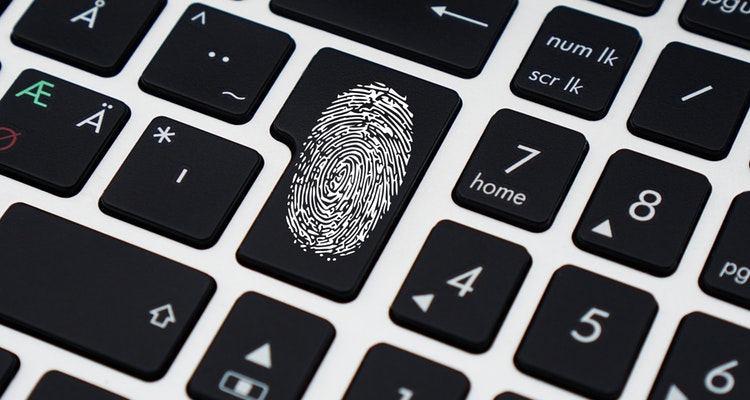
Photo Credit: pexels
Seemingly every week, the social media account of a company or celebrity gets hacked. In the more innocuous cases, a few odd tweets might get sent out in the middle of the night – such as the time McDonald’s got hacked and started sending out Trump-related tweets. In other cases, though, hackers might gain access to sensitive photos that you’d probably rather not circulate openly on the Internet or get access to other information. But what can realistically be done about this problem?
Are better passwords the answer?
The stock response offered by many experts is so obvious it’s painful: create stronger passwords that hackers can’t guess. If you’re a company, this means creating passwords that are tougher to guess than just “1234.” The problem, of course, is that all the really strong passwords – the ones with exclamation points and numbers and upper case letters – are just plain hard to remember. If you have several social media accounts, it can be a real pain keeping track of them all.
This, one possible option is to sign up for a password keeper service – such as Dashlane – that promise that users will “never forget another password.” While these password services are useful, do they really represent a huge leap forward from simply admitting that you forgot the password and kindly asking Facebook, Twitter or Instagram to help you out of your jam?
New forms of authentication
The reality may be that traditional passwords are outdated. If you’ve ever tried to log in to some online accounts (online banks are the worst!), you probably realize how ridiculous the system has become. There are several screens of verification, CAPTCHA forms to fill out and new warnings that pop up if you’re using a new device to log into your account. You’re then asked to answer a series of questions that you don’t remember the answer to. So you make a few educated guesses – all of them wrong – and all of a sudden, you find yourself locked out of your account. That’s rich, isn’t it – the same system that has been designed to keep out hackers instead ends up keeping you out!
Thus, it’s understandable that the new push is to create better forms of authentication that are related to factors that hackers couldn’t possibly duplicate –like your fingerprints or the shape of your face. Take the new Apple iPhone X, for example. One of the features that people are buzzing about is the new Face ID technology that authenticates users via facial recognition. It works even if you’re wearing hats, scarves, and sunglasses or have started to grow a significant amount of facial hair. In short, your iPhone will recognize you even when you’re going incognito! And it works in the dark, too, enabling you to wake up your phone even in the middle of the night.
Of course, there are drawbacks to “enrolling your face” in the Face ID technology platform. For example, some privacy critics now claim that Apple is trying to create a national database of faces. At a time when nobody wants to be tracked online, it is a bit disconcerting that a major company like Apple could be creating a national database of faces.
Bring your face to Facebook
The bottom line is that the time is coming when you will no longer sign in with your Facebook account with a boring old password – you’ll sign into Facebook with your face. Makes sense, right? You might lose your password, and at inopportune times, you might lose your head (figuratively, not literally), but you will not, under any circumstances, lose your face.